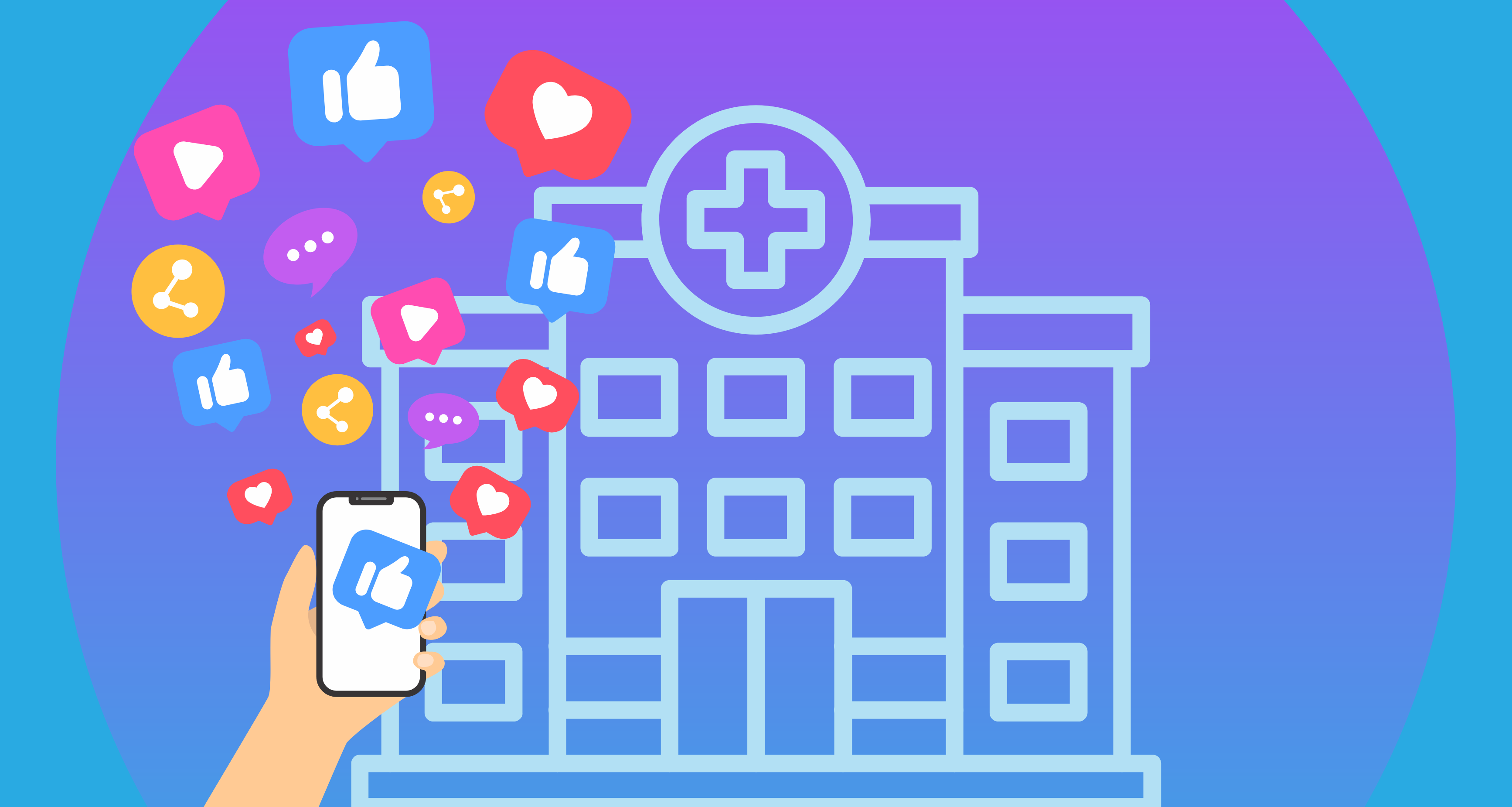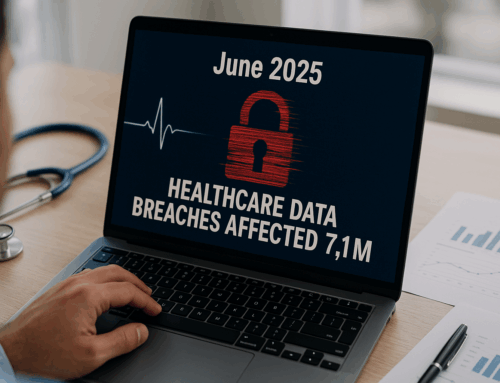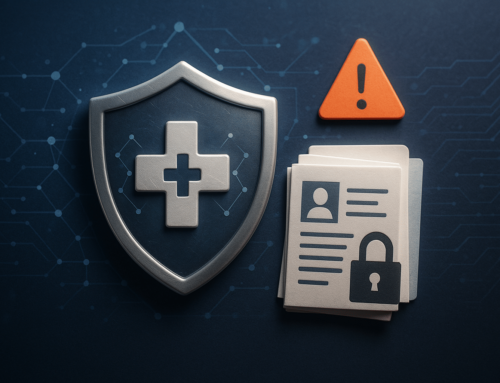
Social media has revolutionized communication and transformed the way we connect with one another. With its widespread popularity, it comes as no surprise that social media has also found its place in healthcare. From hospitals to individual practitioners, professionals in the medical field are recognizing the advantages of utilizing these online platforms.
However, like any tool, there are both advantages and disadvantages to consider when employing social media in healthcare practices. Let’s take a look at the best practices for social media in healthcare while addressing the inappropriate use of these platforms, and highlighting the benefits of social media marketing in healthcare.
Advantages of Social Media in Healthcare: The Power of Connection
Social media in healthcare offers numerous advantages that revolutionize patient care and communication within the medical community.
1. Increased Patient Engagement
One of the primary advantages of using social media in healthcare is the ability to actively engage with patients on a broader scale. By creating informative and interactive content, healthcare providers can bridge gaps between themselves and their patients. This engagement fosters trust, encourages patient education, and empowers individuals to take charge of their health.
2. Rapid Dissemination of Information
In times of emergencies or public health crises, social media serves as a valuable tool for spreading important information quickly. Healthcare organizations can utilize their platforms to share updates about topics such as:
- Disease Outbreaks
- Vaccination Campaigns
- Safety Precautions
These topics can be posted and effectively reach a vast audience within minutes.
3. Building Online Communities
Online communities centered around specific health conditions or concerns have become increasingly popular on social media platforms. These communities provide individuals with a sense of belonging by connecting them with others who face similar challenges or experiences. Such networks foster support systems that enable users to share knowledge and emotional support.
Disadvantages of Social Media in Healthcare: Unveiling the Hidden Pitfalls
While social media has revolutionized communication and information sharing in healthcare, it also brings along a set of disadvantages that need to be acknowledged.
1. Breach of Patient Confidentiality
Maintaining patient privacy and securing protected health information (PHI) is paramount in healthcare settings; however, social media introduces new risks if not handled responsibly. A simple slip-up could lead to unauthorized access or disclosure of sensitive information. Healthcare professionals must exercise caution and adhere to strict guidelines to maintain patient confidentiality.
2. Misinformation & Inaccurate Advice
While social media can be a valuable source of health-related information, it also is a breeding ground for misinformation. Individuals without medical expertise may share inaccurate advice or promote unverified treatments, potentially endangering the public’s health. Healthcare providers must counteract this by consistently sharing evidence-based information and correcting misconceptions.
3. Legal & Ethical Concerns
Inappropriate use of social media in healthcare can have severe legal and ethical implications. Disclosing patient information without consent, engaging in unprofessional conduct online, or making false claims about healthcare services are all examples of misconduct that could result in disciplinary action or lawsuits. Upholding professional standards while utilizing social media is vital to avoid these pitfalls.
Social Media Marketing in Healthcare: Healthcare Connections
Social media marketing in healthcare has become an essential tool for reaching and engaging with patients, raising awareness of health-related issues, and promoting healthcare services.
1. Establishing Brand Awareness
For healthcare organizations looking to establish their presence and build awareness, social media marketing in healthcare offers an effective avenue. Organizations can cultivate trust and credibility by creating compelling content that resonates with their target audience while promoting their services.
2. Targeted Advertising
Social media platforms provide robust targeting options that allow healthcare marketers to reach specific demographics based on age, location, interests, and more. This precision ensures that marketing efforts are directed toward those most likely to benefit from the advertised services.
3. Real-Time Feedback Loop
Social media allows for direct communication between patients and healthcare providers, facilitating real-time feedback loops. Organizations can monitor comments, reviews, and messages to gain insights into patient experiences, identify areas for improvement, and respond promptly to any concerns raised.
How to Ensure Social Media Compliance
Overall, integrating social media into healthcare practices brings advantages and disadvantages. By adhering to best practices such as protecting patient confidentiality, combating misinformation with accurate information, and upholding professional standards online, healthcare professionals can harness the power of social media to enhance patient engagement, disseminate information effectively, and build strong online communities.
Additionally, leveraging social media for marketing purposes enables organizations to establish brand awareness, target specific demographics, and engage in meaningful conversations with patients. As the world becomes increasingly connected through digital platforms, social media in healthcare will continue to shape the way we approach communication and patient care.









